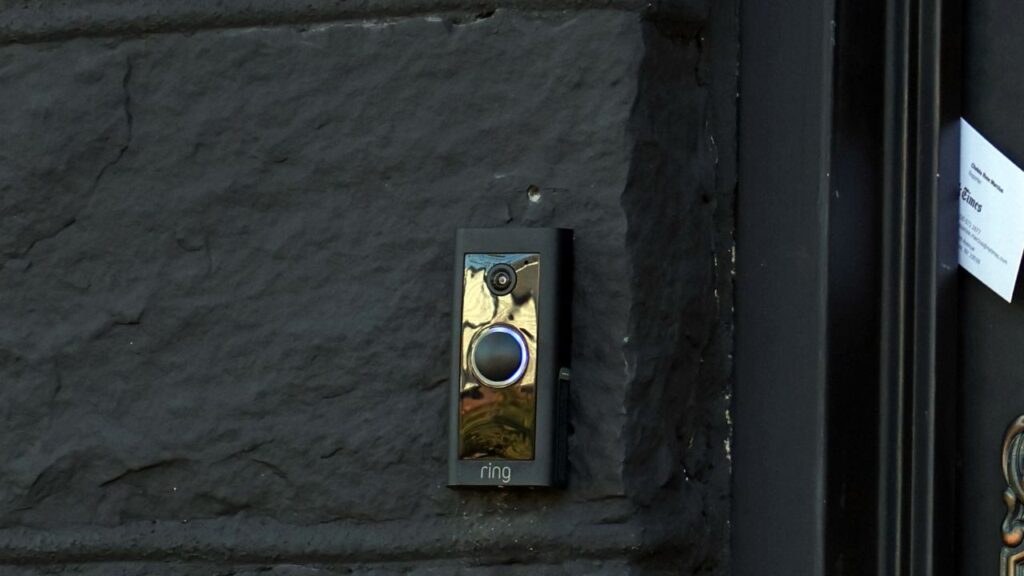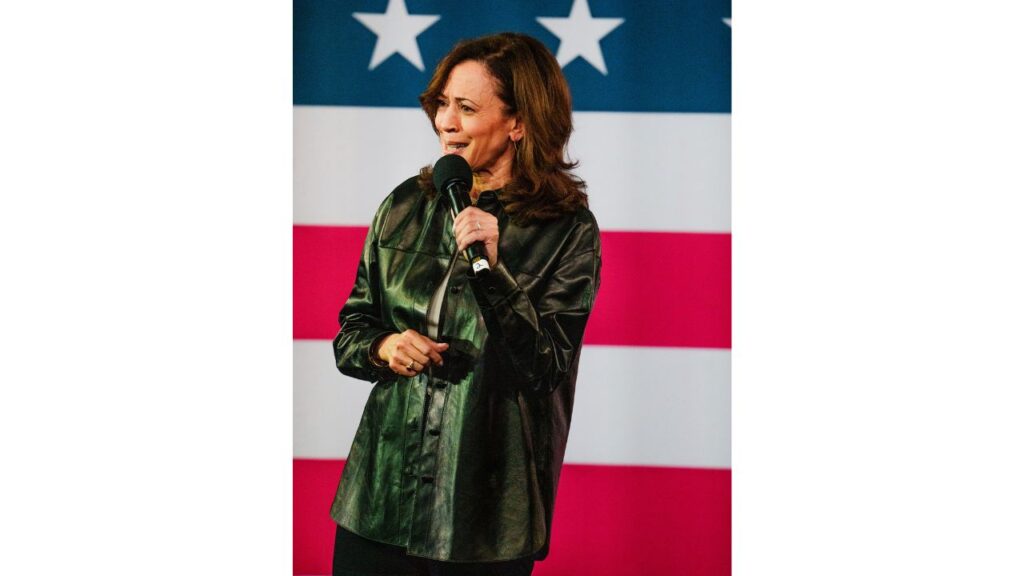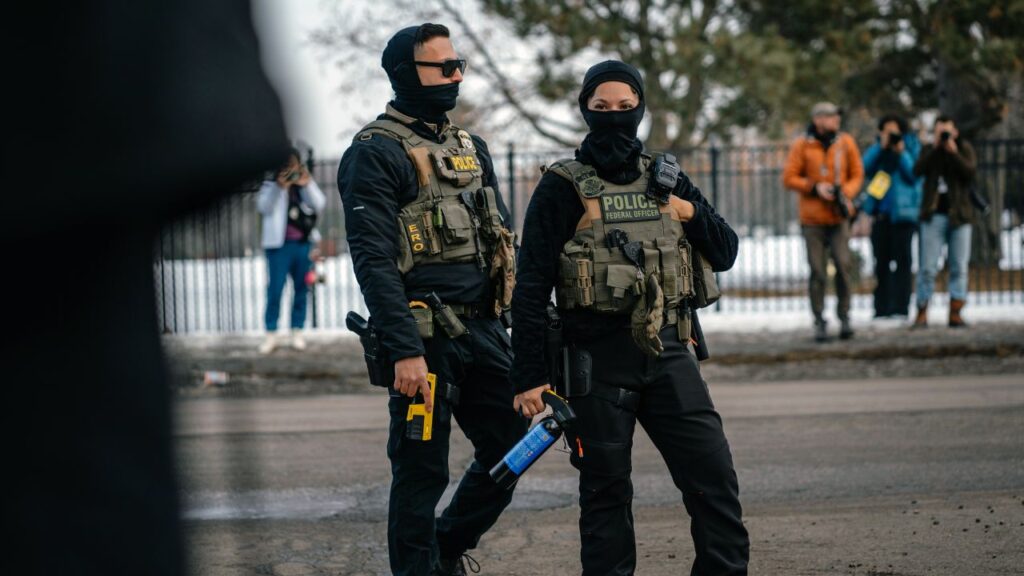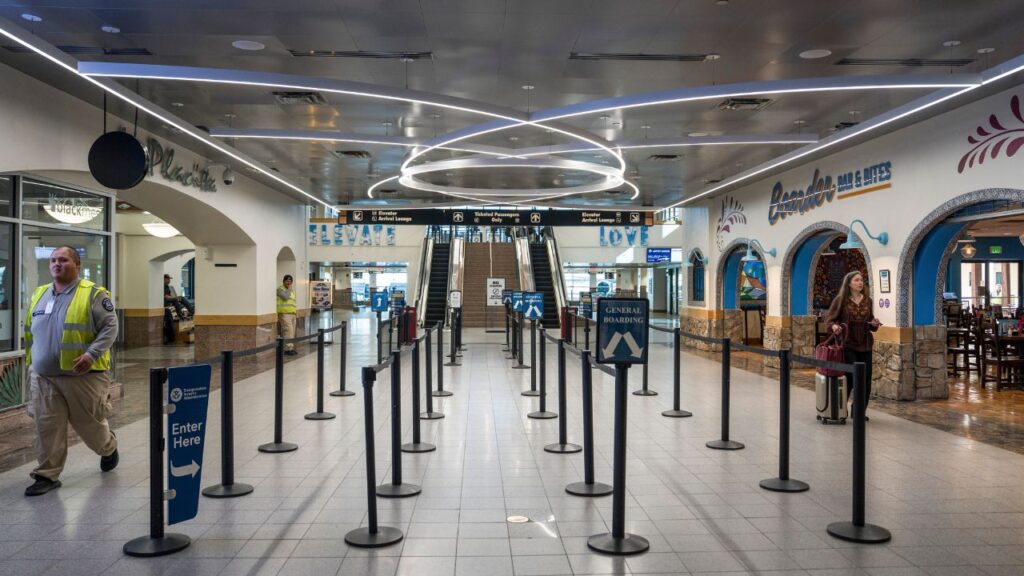Share
In a story that largely has flown under the radar, a major case involving inclusionary zoning in California could be heard by the U.S. Supreme Court.
A tip of the hat to City Lab’s Kriston Capps for his story about a fight over inclusionary zoning in Marin County that began in 2000.
Listen to this article:
What Is Inclusionary Zoning?
Inclusionary zoning is the umbrella term for local policies that create affordable housing for lower-income families.
For example, an inclusionary housing program might require developers to sell or rent 10% to 30% of new residential units to lower-income residents at discounted rates.
According to inclusionaryhousing.org, “many, but not all, programs partially offset the cost of providing affordable units by offering developers one or more incentives such as tax abatements, parking reductions, or the right to build at higher densities. … In some cases, developers can choose among alternatives, such as payment of an in-lieu fee or provision of affordable off-site units in another project.”
The Marin County Case
Capps offers this synopsis of the case that reportedly has the interest of the nation’s highest court:
“Back in 2000, two Marin County property owners, Dartmond and Esther Cherk, looked to split their undeveloped land into two single-family-zoned lots. As developers, they were liable to preserve some part of the property for affordable housing or pay into a low-income housing production fund. The fee was nearly $40,000; the Cherks sued.”

“Although there’s no guarantee that the Supreme Court will add this case to its decision docket, the justices have signaled their willingness to wade into the divisive zoning debates that punctuate the affordable housing crisis.”
The Pacific Legal Foundation, a nonprofit dedicated to defending property rights, is assisting the Cherks with their case.
You can read Capps’ entire story at this link.
Inclusionary Zoning in the United States
Researchers Emily Thaden and Ruoniu Wang identified 886 jurisdictions with inclusionary housing programs in 25 states and the District of Columbia through 2016. Most were in New Jersey (45%), Massachusetts (27%), and California (17%).
The researchers write: “Although comprehensive data on impact and program characteristics was not available for the majority of programs, the study did find that 373 jurisdictions reported a total of $1.7 billion in impact or in-lieu fees for the creation of affordable housing. Jurisdictions also reported creating a total of 173,707 units of affordable housing, which predominantly excludes additional units
created with the $1.7 billion in fees.”



















